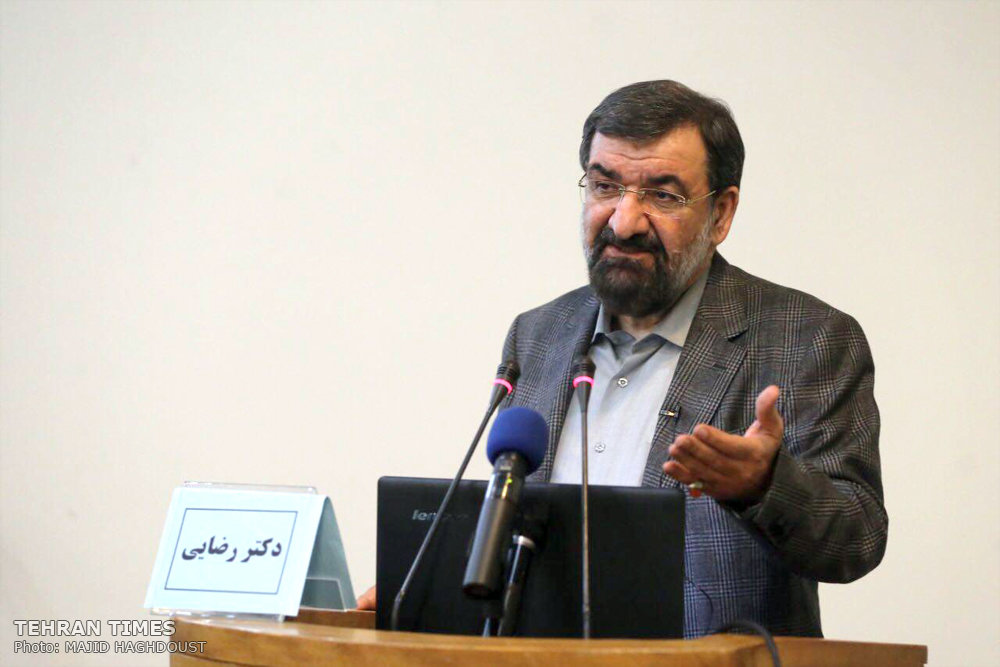Iran says Iraq must not be divided

TEHRAN - Expediency Council Secretary Mohsen Rezaei said on Sunday that Iran is strongly against any move to disintegrate Iraq.
“Iraq is a well-known country, a member to the United Nations and a signatory to important regional agreements and a disintegration of the country is a grave mistake which will be harmful to the Iraqi citizens, especially in the northern parts of the country,” he said in a press conference in Baghdad.
He added that disintegration of Iraq will lead to dividing up Turkey and Syria which will have consequences for the whole region.
“The start of such process [disintegration of the regional countries] will pose big threat against peace and security in the region,” Rezaei, the former IRGC chief, noted.
President of Iraqi Kurdistan Massoud Barzani tweeted on June 7 that an independence referendum is scheduled to be held on September 25, 2017.
The Iraqi government issued a statement on June 9 rejecting any unilateral move by Kurdish regional authorities to press for independence.
Rezaei said, “We are against this referendum and we want the Kurdish leaders to avoid taking such path.”
“This is a dangerous game being played by some leaders in Iraqi Kurdistan for some personal motivations. Many of the Kurdish leaders are against referendum.”
Prime Minister of Iraqi Kurdistan Nechirvan Barzani told Iranian Ambassador to Baghdad Iraj Masjedi in a meeting on July 16 that Iran can “play a positive role” in resolving disputes between the Iraqi government and the autonomous Kurdish Regional Government (KRG).
While all countries are insisting on territorial integrity in Iraq, Israeli Prime Minister Benjamin Netanyahu has expressed interest in partitioning Iraq and establishing an independent Kurdish state during a meeting with a delegation of 33 U.S. Republican congressmen.
‘Saudi Arabia should apologize to Iran’
Rezaei also said that Saudi Arabia should apologize to Iran if it seeks to reestablish ties with Tehran.
He added that Saudis should also apologize to Yemen and Qatar.
Iran and Saudi Arabia have been at odds since the conflict arose in Syria in 2011. The relations suffered more setbacks as 464 Iranian pilgrims were crushed to death in a stampede in Mecca in September 2015.
The relations started deteriorating as a number of Iranians attacked the Saudi diplomatic missions in Tehran and Mashhad in protest to the execution of the pro-democracy cleric Nimr al-Nimr in January 2016. Though senior Iranian officials condemned the move, Saudi completely cut ties with Tehran.
However some signs are emerging that Saudi Arabia and Iran are seeking to restore ties.
NA/PA
